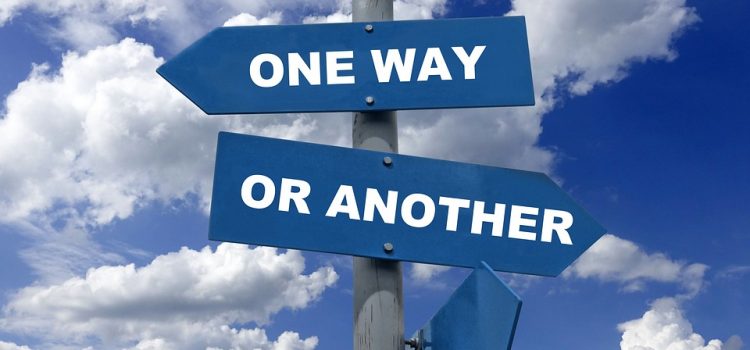What is evolutionary mismatch? What are some examples of traits that used to be advantageous, but became the opposite? Evolutionary mismatch is a phenomenon where traits that used to aid survival in the past work to our disadvantage in the present. For example, our brains evolved to support our survival as hunter-gatherers—not our survival in modern life. Here’s why humans are biologically not wired for the demands modern life presents.
Evolutionary Mismatch: How the Tables Have Turned










